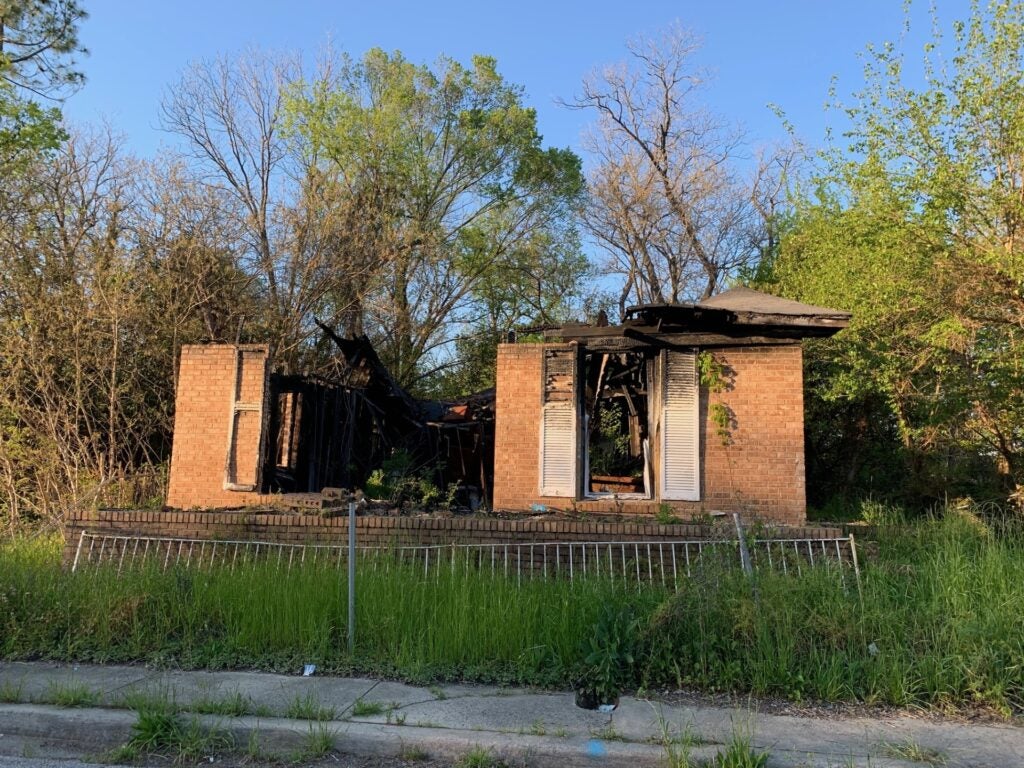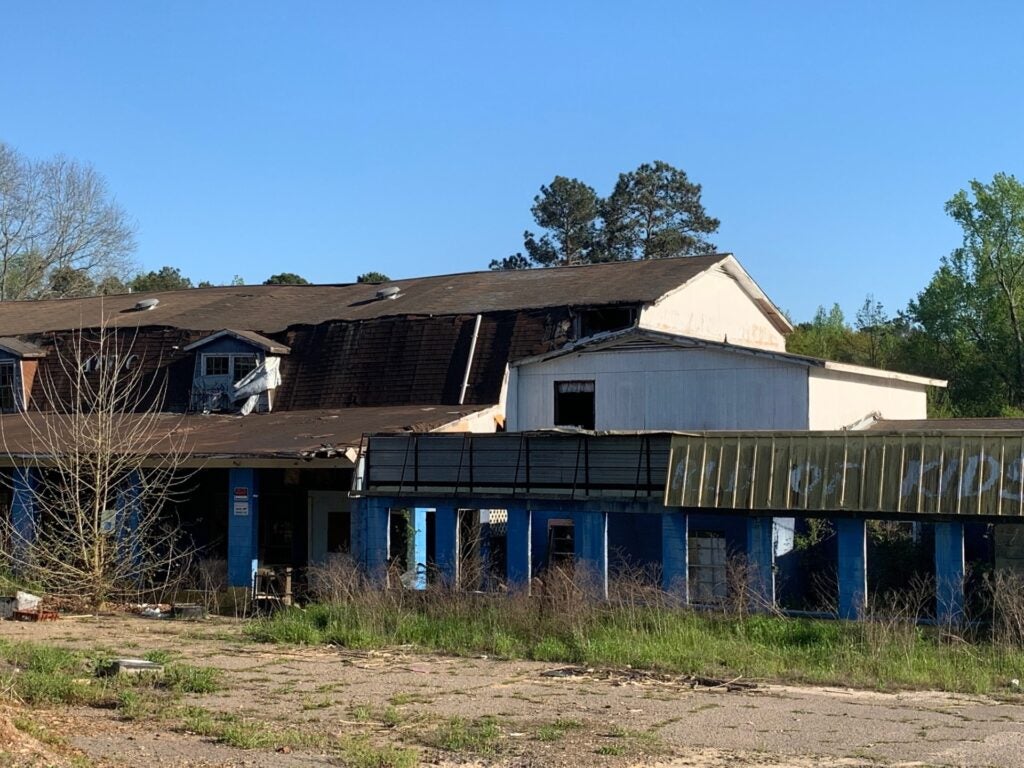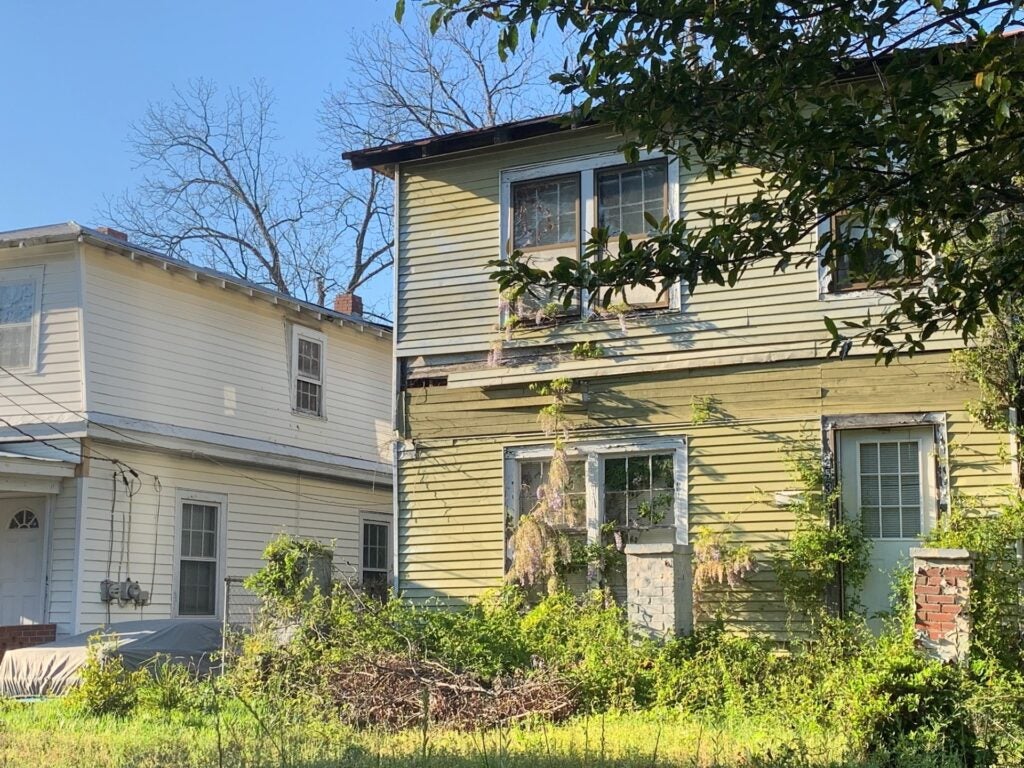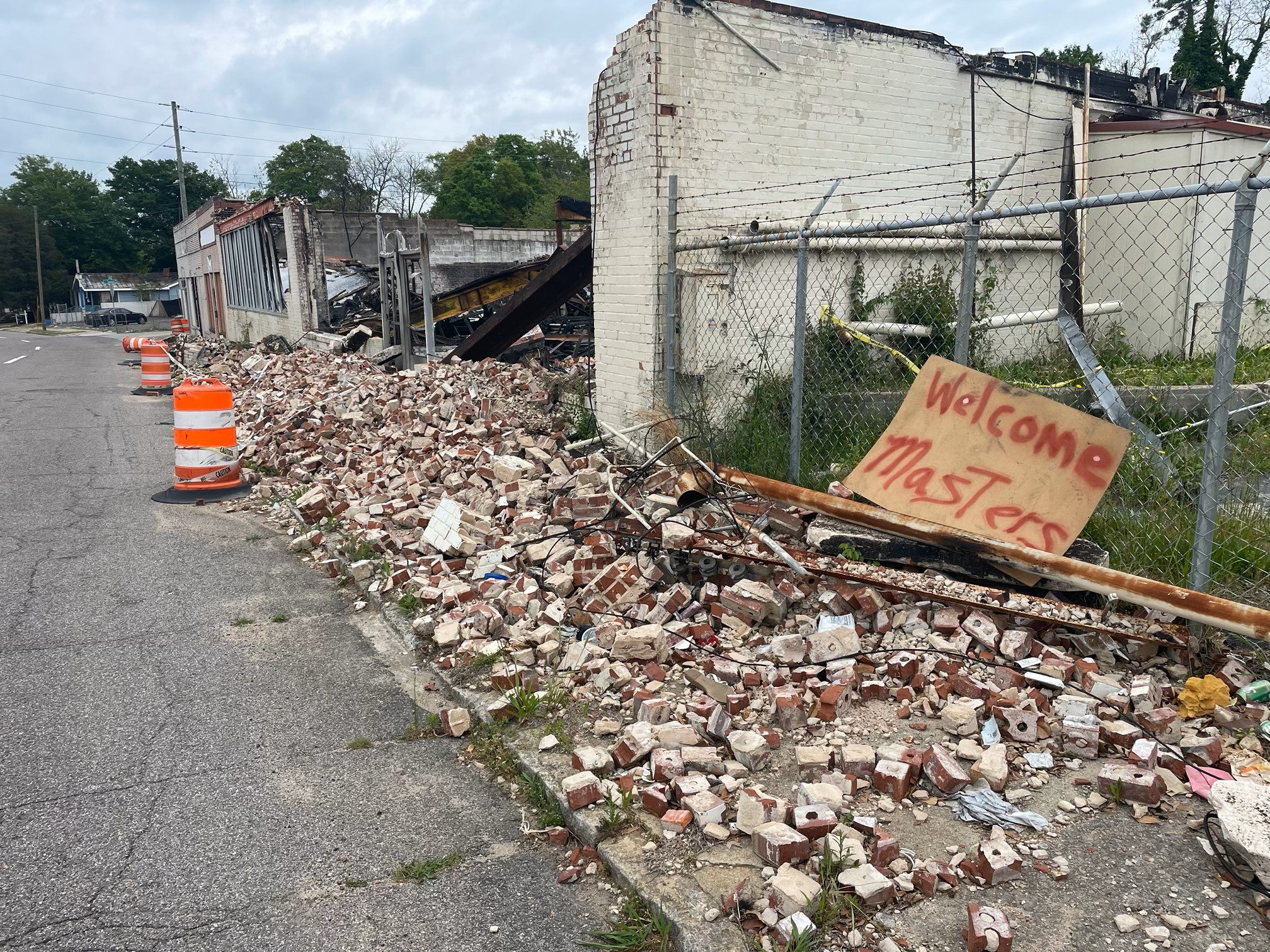The Augusta Commission passed a new blight ordinance in 2021 that was touted to be the perfect vehicle for the city’s Code Enforcement Department to force property owners to keep their property maintained.
At the time of its passing, then-Mayor Hardie Davis Jr. said the ordinance showed the city was being “aggressive” in its attempt to instill pride in the community, and Commissioner Bobby Williams released a statement to that same effect.
“Passing this ordinance is an important step in our commitment in making sure residents have access to clean, safe and thriving communities,” said Williams. “With this new mandate, we’re going to identify blighted areas and begin restoring pride in our neighborhoods.”
However, blight remains and can be found in all areas and every district of the city.

The law allows the city to give a landowner 60 days notice to remove blight, whether it is a building that is abandoned and unsafe or overgrown vacant lots that attract rodents and other pests.
If the land owner refuses, the city can hike the ad valorem taxes, get a court order to demolish buildings and if the owner refuses to pay up, the city can seize the property and sell it.
One particular building that has residents complaining is what remains of the old Catholic Social Services building, located at 2108 Broad St. The building burned down almost eight months ago. All that is left is a shell with exposed steel girders hanging precariously and piles of bricks that go all the way out to the roadway.
Former Augusta Mayor Bob Young posted a picture of the building where someone had placed a makeshift sign reading, “Welcome Masters” and asked, “Why can’t this be cleaned up?”
The remains of the building obviously present a public safety hazard, but all the city has done is place caution barrels out front of the wrecked structure.
According to Danielle Hayes, spokesperson for the city, addressing that particular building has been held up in court. Harris released a statement, but did not disclose why it took the city so long to attempt to enforce the law.
“Code Enforcement took the aforementioned properties to Nuisance Abatement court on March 27th and received a judge’s decision to grant the demolition order,” Hayes said. “At this time, Code Enforcement is waiting on receiving the signed orders from the judge so they can refer the properties/structures to Environmental Services to start the process to get them demolished.”

One legitimate problem the city has is finding the owners of the properties.
Records show that Catholic Social Services never actually owned the building. It was owned by a non-profit organization called Coordinated Health Services Inc. According to the Georgia Secretary of State’s database, that non-profit was dissolved in 2020.
Since Coordinated Health Services Inc. went belly-up, a company called DM Holdings LLC has paid the property taxes on the building, but the company is not on the deed as an owner.
Even without an owner present, the city could have long ago demolished the property and asked the court for a summary judgment; however, it took a public outcry to get the city to take action.
Local developer Michael Thurman says that the burned Broad Street building is the first time the city has actually used the ordinance in court, to his knowledge.

“There just doesn’t seem to be the will there for Code Enforcement to use the tools they already have,” Thurman said.
According to Thurman, who buys blighted properties, restores them and then rents them out, the city frowns on his activities. Thurman says he has Commissioner Jordan Johnson on record as telling him that he was “gentrifying” the area and that his motivation was racism.
“I have him on tape saying that I was fixing up properties so that I could price them out of the range of Black people. When I reminded him that almost all of my tenants are Black, he said, ‘Oh, so you make your money off the backs of African Americans,’” Thurman said.
Johnson did not return a call for comment.
Scott Hudson is the Senior Investigative Reporter and Editorial Page Editor for The Augusta Press. Reach him at scott@theaugustapress.com











